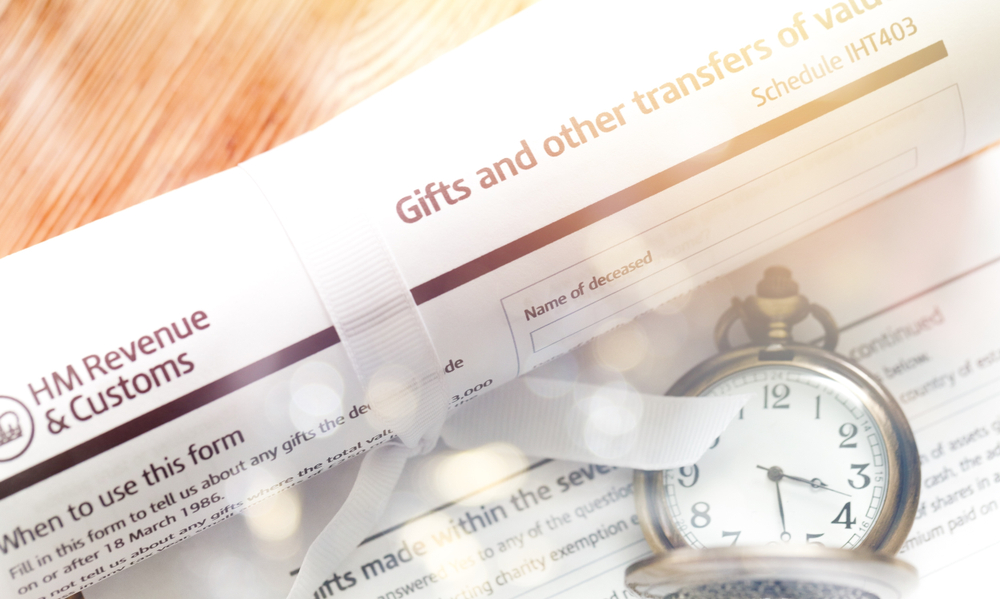

Inheritance Tax (IHT) can be a significant expense for those who own homes, business assets, and with large estates. With the threshold for tax exemption expected to remain frozen until 2028, this will include more estates than ever before. Naturally, if you are at risk of a hefty tax bill, you may want to understand if you can reduce or mitigate it.
Despite some misconceptions surrounding trust funds, setting up a trust can help you to mitigate your IHT obligations while remaining compliant with tax laws, provided you approach the process carefully. For forward-thinking business owners and managers, tackling IHT should be at the forefront of your priorities.
In the following guide, we explore how trust funds can help to reduce IHT liability and what you will need to consider when setting one up.
Getting to Grips with Inheritance Tax
Put simply, IHT is a tax on everything you own at the time of your death, including property, money and other possessions that make up your estate. However, you’re only taxed if the total value of your estate goes over the existing nil-rate band, which is currently £325,000 (or £500,000 in certain cases). If your estate’s value exceeds this threshold, anything over £325,000 is taxed at a 40% rate. A large estate could, therefore, leave your beneficiaries with a hefty tax bill, affecting the wealth you aim to pass down. This means that careful estate-planning is crucial.
An Introduction to Trusts
A trust is a legal entity that lets a nominated person or people, called trustees, manage assets for the benefit of certain individuals, known as beneficiaries.
There are many types of trusts, each serving specific purposes and needs. From bare trusts that give beneficiaries complete access to both income and capital, to discretionary trusts that provide variable entitlements, trusts are versatile tools in financial planning. They offer the reassurance that your wealth will be transferred to the next generation according to your wishes after you pass away.
One such example of a trust that is becoming increasingly popular in the business world is the Employee Ownership Trust (EOT) – a way to offer employees a stake in the business and improve their morale and ambition to forward the company’s successes. Progressive business owners should understand the importance of offering benefits to their employees, and an EOT can do this and help to mitigate IHT liability.
The Legal Aspects of Using Trusts for IHT Mitigation
Trusts aren’t a new or illegal way to mitigate taxes; they are a legitimate option that is well-rooted in UK law. However, establishing a trust can be complex and demands a good grasp of the relevant legal requirements. Because of this complexity, it’s crucial to consult experts. Errors in setting up a trust can result in serious legal issues and a drawn-out process, and lead to larger tax liabilities in some cases.
When you put assets into a trust, they usually exit your taxable estate, reducing its value for the purposes of IHT calculations. This legal shift of property ownership can significantly cut down your tax liabilities while still enabling your beneficiaries to benefit from the value of these assets or any income they generate. In addition, you can add other financial gifts and even life insurance policies to a trust, further reducing potential taxes.
Aside from their tax advantages, trusts offer you more control over what happens to your assets after you die, and protect them from potential creditors or legal issues that might arise.
What to Watch Out for with Trusts
While beneficial, trusts aren’t a one-size-fits-all solution. Sometimes, the expected tax benefits don’t pan out. Laws and regulations can change, and asset ownership may be subject to future disputes. Trusts come with their own tax rules that need meticulous examination – if you are aiming to reduce your IHT liability with a trust, you must consider how it will affect other finances to make sure it works as intended. For an existing trust to remain effective, it’s advisable to regularly review it with a legal expert and stay abreast of law changes that could affect your estate.
Utilising Trusts for Inheritance Safeguarding
Consulting with expert trusts solicitors can equip you with the knowledge to make well-informed decisions, ensuring your financial strategies align with your goals and your beneficiaries’ well-being, and that you and your beneficiaries get the most out of your estate. Make sure you seek legal advice before taking any steps to establish a trust or reduce your IHT liability.

Technology
25 March 2025
Ransomware-As-A-Service Variants on the Rise With Critical Infrastructure Providers at the Greatest Risk

Business Advice
25 March 2025
Claims Processing Automation: How Insurers Can Cut Costs and Improve CX

Technology
18 March 2025
Secret Signs Your Internet Security Has Been Compromised






















